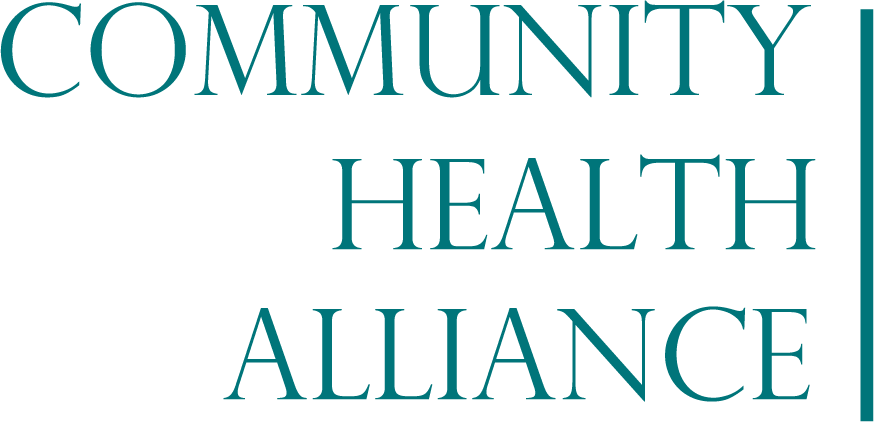National Stress Awareness Month
April is National Stress Awareness Month
Are you or have you ever been stressed? Most likely the answer is yes. The great news is there are ways to manage and treat your stress. If needing additional support, our behavioral health team at Community Health Alliance can help you recognize and manage your stress for a better, healthier you.
What is stress?
Stress is our body’s response to pressure. There are a variety of factors in one’s life that contribute to stress. Stress can be triggered when we experience something new, unexpected, that threatens our sense of self, or when we have little control over a situation. We all handle stress differently. Our ability to cope with stress can depend on our genetics, early life events, personality, and social and economic circumstances. When we encounter stress, our body produces hormones that trigger a fight or flight response and activate our immune system. Our stress hormones will usually go back to normal quickly once the stressful event is over. However, too much stress can cause negative effects. Too much stress can leave our body in a permanent flight or fight stage and make us unable to cope.
Learn more about stress here.
What makes us stressed?
- Bereavement
- Divorce
- Separation
- Losing a Job
- Money Problems
- Work-Related Stress
- Trauma
What are the signs of stress?
- Anxious
- Afraid
- Angry/Aggression
- Sad
- Irritable
- Frustrated
- Depressed
- Headaches
- Nausea
- Indigestion
- Digestive Problems
- Hyperventilating
- Sweating
- Heart Palpitations
- Aches and Pains
How can you help yourself?
- Recognize when stress is a problem
- Focus on your physical warning signs such as tense muscles, tiredness, headaches, or migraines. Sort the issues that are causing your stress into a practical solution. Take small steps towards the things you can improve.
- Think about where you can make changes
- Ask yourself, “Are you taking on too much?” It is important to prioritize and reorganize the things you can.
- Build supportive relationships
- Confide in close friends and family who can offer support.
- Eat healthily
- A healthy diet can improve your mood. Focus on getting enough nutrients and water to help your mental health.
- Assess your smoking and drinking
- Cut down on your smoking or drinking if you can. Alcohol and caffeine increase feelings of anxiety.
- Get some exercise
- Physical exercise can help manage the effects of stress. Walking 15-20 minutes three times a week can make a difference.
- Self-care
- Find time to relax and practice self-care.
- Try meditation
- Meditation can be practiced anywhere. Meditation can be helpful in managing and reducing stress and anxiety.
- Get professional help
- Here at Community Health Alliance, we have behavioral health providers trained to acknowledge and help you manage your stress. Our team is trained in cognitive behavioral therapy which is known to reduce stress by changing the ways we think.
Sign Up for Our Newsletter
SubscribeSign Up for Our Newsletter
By submitting this form, you are consenting to receive marketing emails from: Community Health Alliance. You can revoke your consent to receive emails at any time by using the SafeUnsubscribe® link, found at the bottom of every email. Emails are serviced by Constant Contact
By submitting this form, you are consenting to receive marketing emails from: Community Health Alliance, 680 S. Rock Blvd, Reno, NV, 89502, https://www.chanevada.org. You can revoke your consent to receive emails at any time by using the SafeUnsubscribe link found at the bottom of every email.


